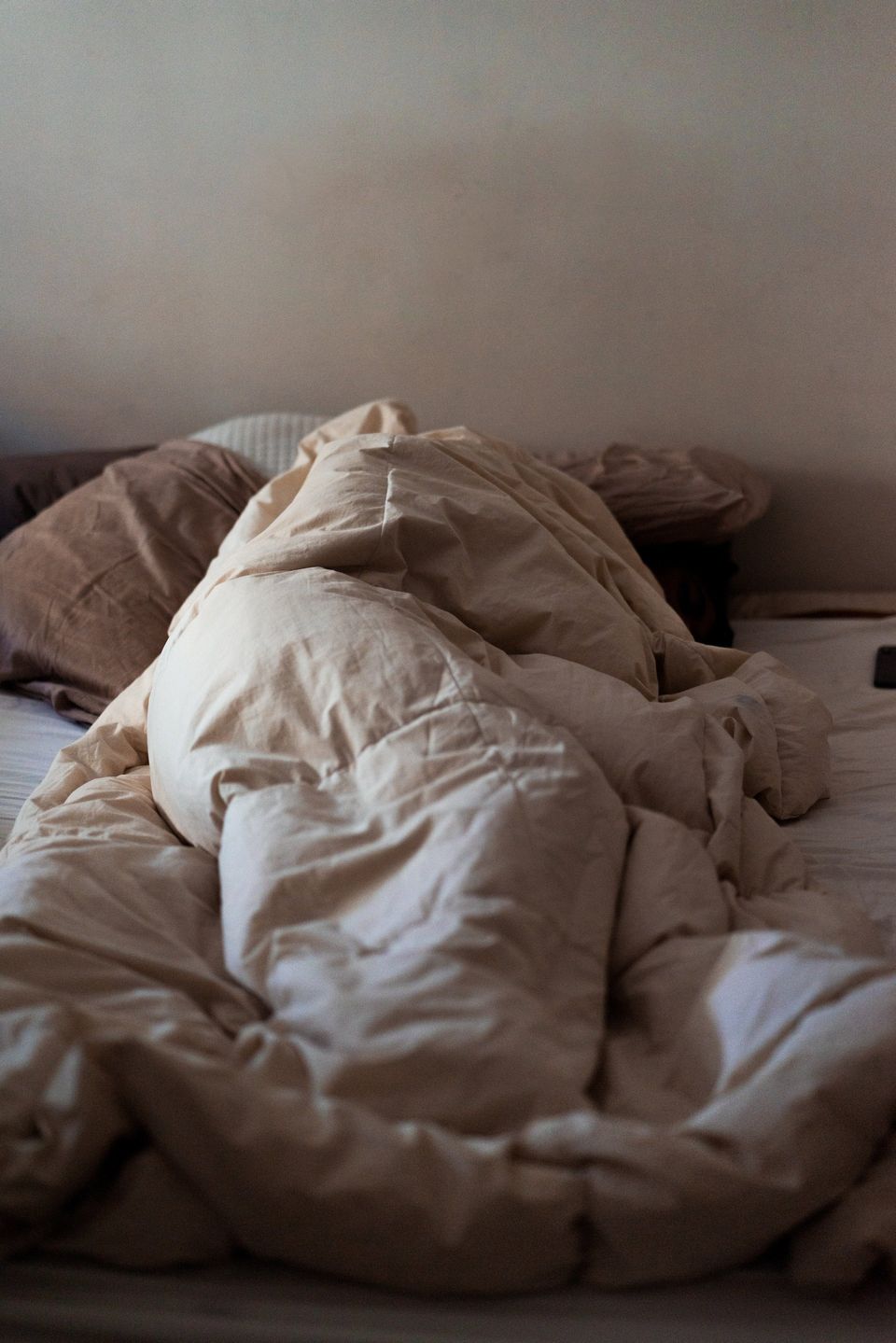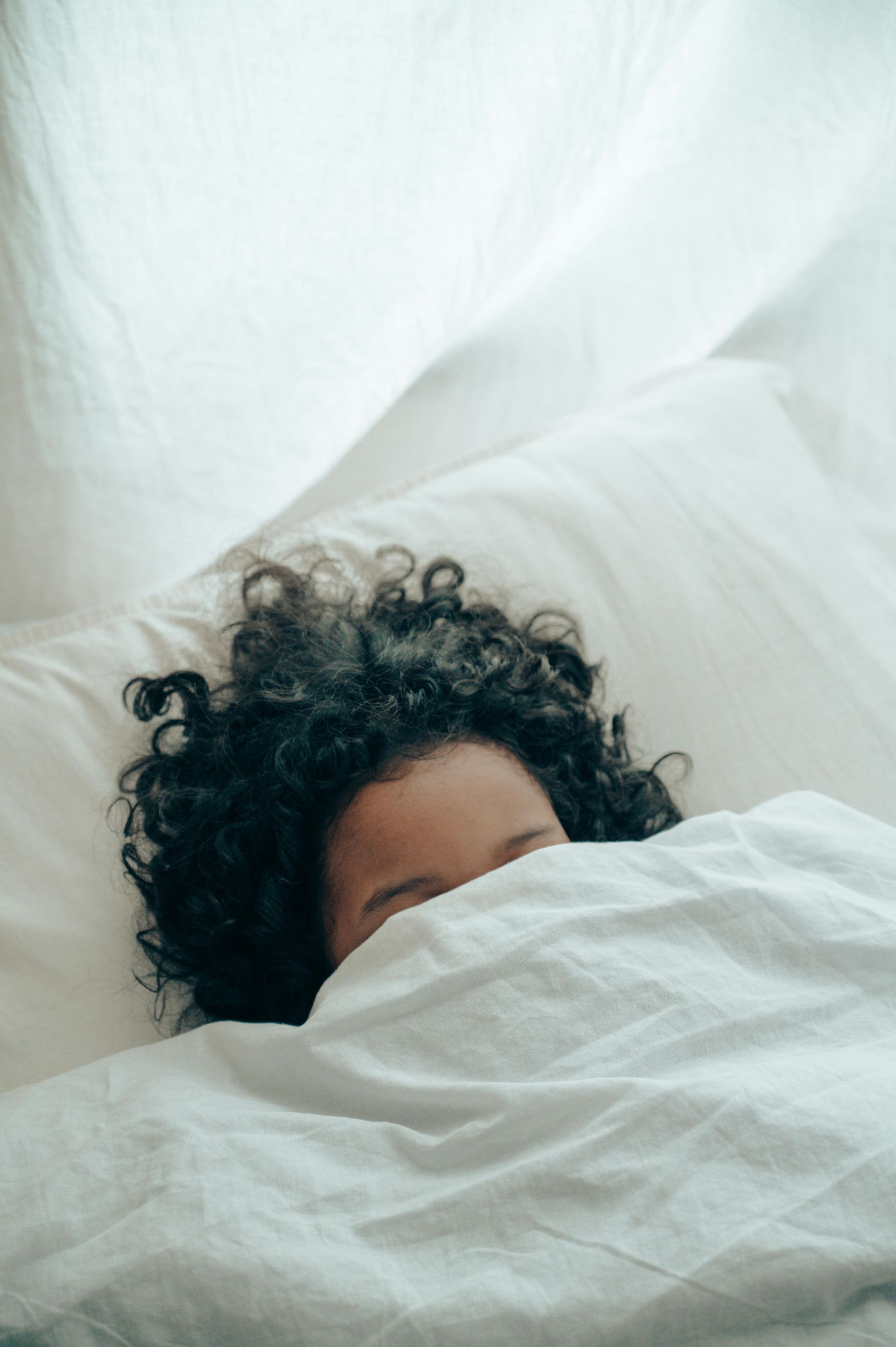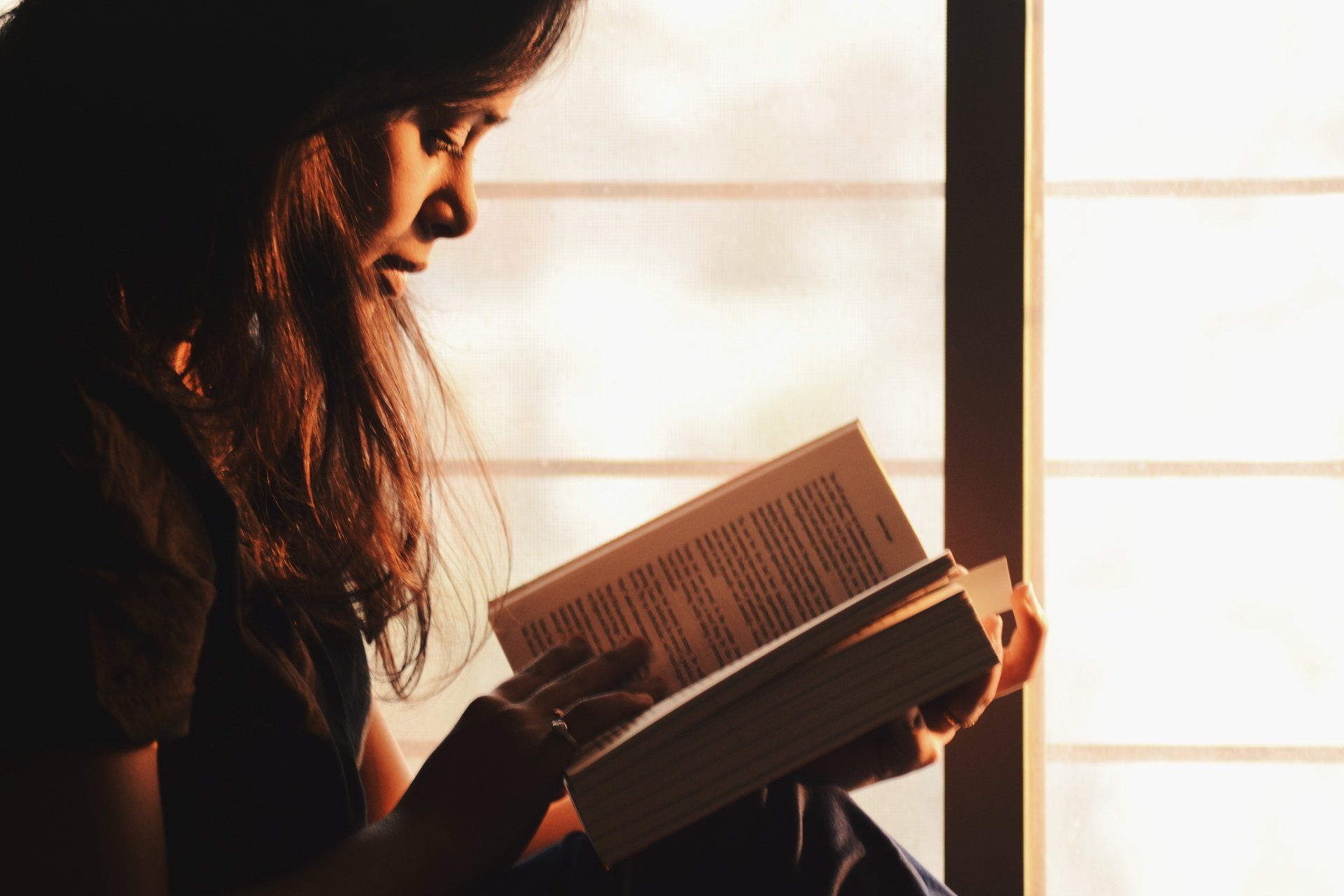How sleep varies with age - Teenagers

From babies that sleep most of the day, toddlers that need an afternoon nap, teenagers that sleep like the dead and adults that rarely sleep at all, most of us are aware that the length, depth and quality of our sleep changes dramatically throughout our lives. This blog post is one of a series aimed at giving you a deeper understanding into what is going on at each age and why, and is about how we sleep when we are transitioning from childhood into being an adult.
Adolescence and puberty can be a really difficult period of transition for both the young people involved and their parents. One of the biggest frustrations surrounds the late, long and deep sleeping habits of teenagers, which appears to annoy adults even more by coinciding with a time in their life when their own sleep is becoming harder and harder to achieve. Teenagers are not, however, simply sleeping to spite or goad us - their sleep has changed significantly for a number of reasons.
The first thing that changes as we go through puberty is that our circadian rhythm begins to shift again - to a later daily routine. The internal body clock that has been releasing melatonin (we will look at melatonin and how it works in a later blog post) so that we feel sleepy in the late evening begins to work to a later schedule meaning that teenagers don’t feel a desire to close their eyes until around midnight. They are not purposefully trying to be difficult, (although there is an anthropological theory that this shift enables teenagers to start taking their first steps into adulthood without the watchful eyes of their sleeping parents), they simply have not been given the biological cue to sleep until much later in the day. In fact, asking someone in this stage of life to go to bed at 10pm is the equivalent of asking an adult to force themselves to sleep at 8pm….never gonna work!
This circadian shift leads to two big problems with adolescent sleep. The first is that teenagers still require 7-9 hours of sleep in order gain all of its health benefits (mental health in particular). However, they are rarely afforded these hours due to the need to stick to socially acceptable school / work hours. We will look at how this feeds into problems with their learning and mental health later on in this blog post.
The second problem is what usually happens when someone is sent to bed when they are not drowsy enough to sleep. Unfortunately, if we force anyone to go to bed before they feel tired they will either:
a) watch TV or play on their mobile phone until drowsiness takes hold
b) develop anxiety about their inability to sleep at the “correct” time
c) both of the above!
The effect of the light emitted from electronic screens will delay their melatonin release even later, compounding the original problem. The other problem with watching either a TV or a social media site is the content on them and the psychological effect this can have on a teenager’s already impressionable mind. Most adults will admit that it is too easy to get caught up not only in TV and social media itself, but also the negative thoughts and emotions related to comparing yourself to others online. If we as adults are easy prey to this and the subsequent difficulties with relaxing into sleep, then we can at least double this effect for teenagers who haven’t yet fully developed their own personality, let alone become comfortable and accepting of it.
There is another change to our sleep that occurs during our adolescence, which is specifically related to the brain. During puberty there is a second flurry of activity in the brain, with the neural pathways that were laid down in infancy being pruned and scaled back in order to make the brain more efficient, more effective and more able to reason. This process takes place while we are in deep NREM sleep and so at this difficult developmental age, this is the predominant sleep phase with very little light sleep in between. For this very reason it can be difficult to wake a teenager mid-sleep and equally difficult for them to drag themselves out of the brain fog induced when their sleep is disturbed or shortened.
The idea of disturbing teenagers while they sleep and shortening their sleeping hours by asking them to adhere to the social norms of a 9am to 5pm working day may have consequences much bigger than just annoying their parents. One of the major functions of sleep (in all ages) is to provide our brain some much-needed time to process all of the sensory input it has received during the day. We consolidate into our long term memory anything new that has been learned (very important for adolescents who are studying) and we give ourselves “therapy”, working through thoughts, feelings and emotions.
This overnight “therapy” is of huge importance to all humans, but most especially to teenagers who are transitioning through a whole raft of difficult, angst-producing changes. When adults have their deep NREM sleep restricted it can lead to a number of mental health issues, but in teenagers this effect is much stronger. It is thought that this is why a large number of psychological illnesses become apparent during puberty.
I would also like to add a small note in here about caffeine. I will write a separate post about caffeine and how it detrimentally affects sleep at a later date, but in this context it is worth noting that even a small amount of caffeine in your bloodstream prevents you entering into deep NREM sleep. For the sake of their educational development and their mental health, please do not encourage your children or teenagers to consume caffeine…..at all.
It is very clear that adolescents have a real need for sleep and particularly for deep NREM sleep. In forcing them to stick to the same hours as the adults around them and therefore restricting the number of hours that they sleep, we could well be harming their development and mental health. This view is very clearly stated in Matthew Walker’s book, Why We Sleep, and I would like to finish this blog post with a quote from his book which pretty well sums up my argument that we should all learn to let sleeping teenagers lie….
“As parents, we are often too focused on what sleep is taking away from our teenagers, without stopping to think about what it may be adding.” (Walker, 2017)
.
Additional Reading
Sleep cycles
https://www.fromsoultosole.co.uk/sleep-cycles
Sleep pressure
https://www.fromsoultosole.co.uk/sleep-pressure
Circadian rhythm https://www.fromsoultosole.co.uk/circadian-rhythm


